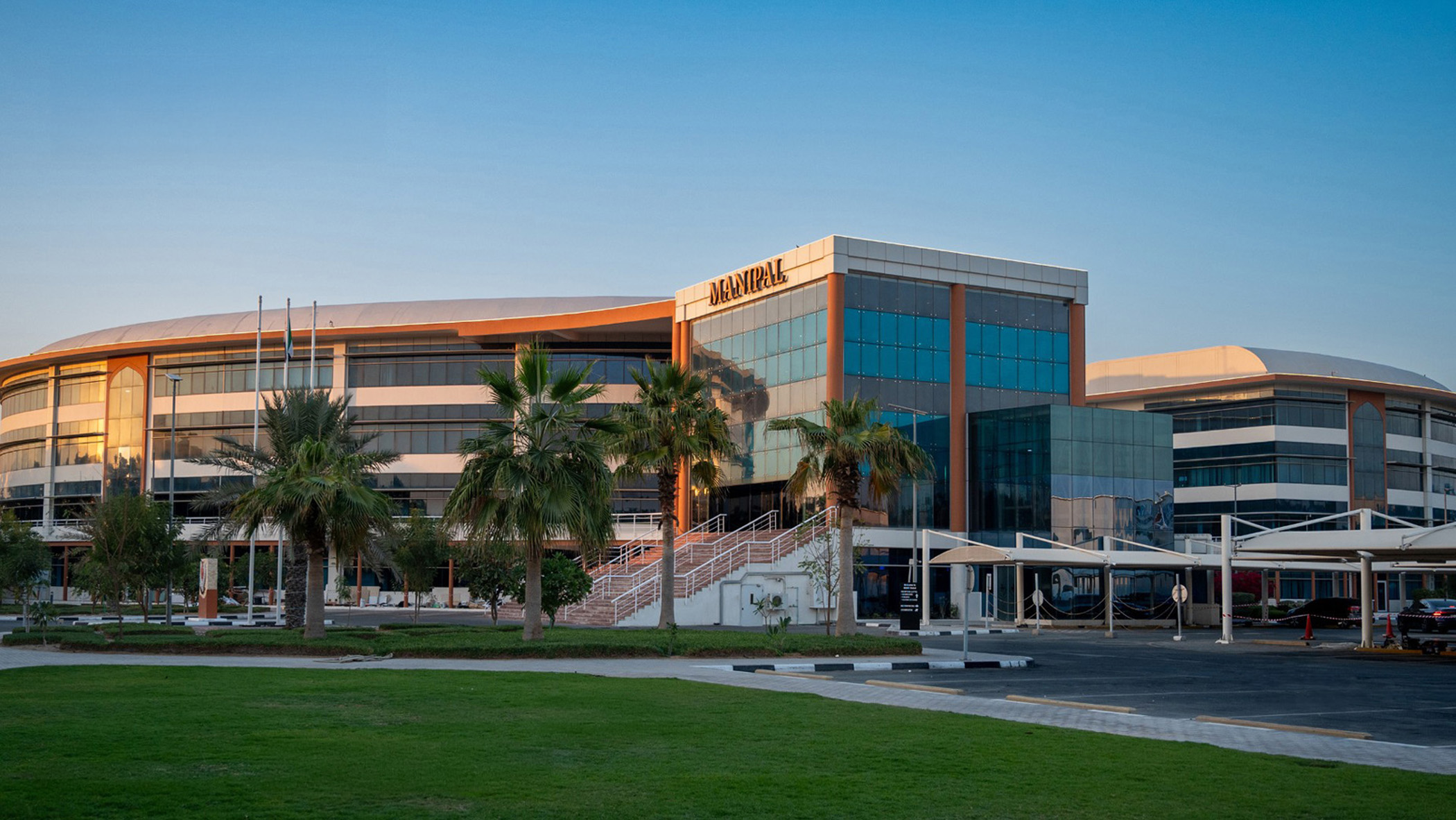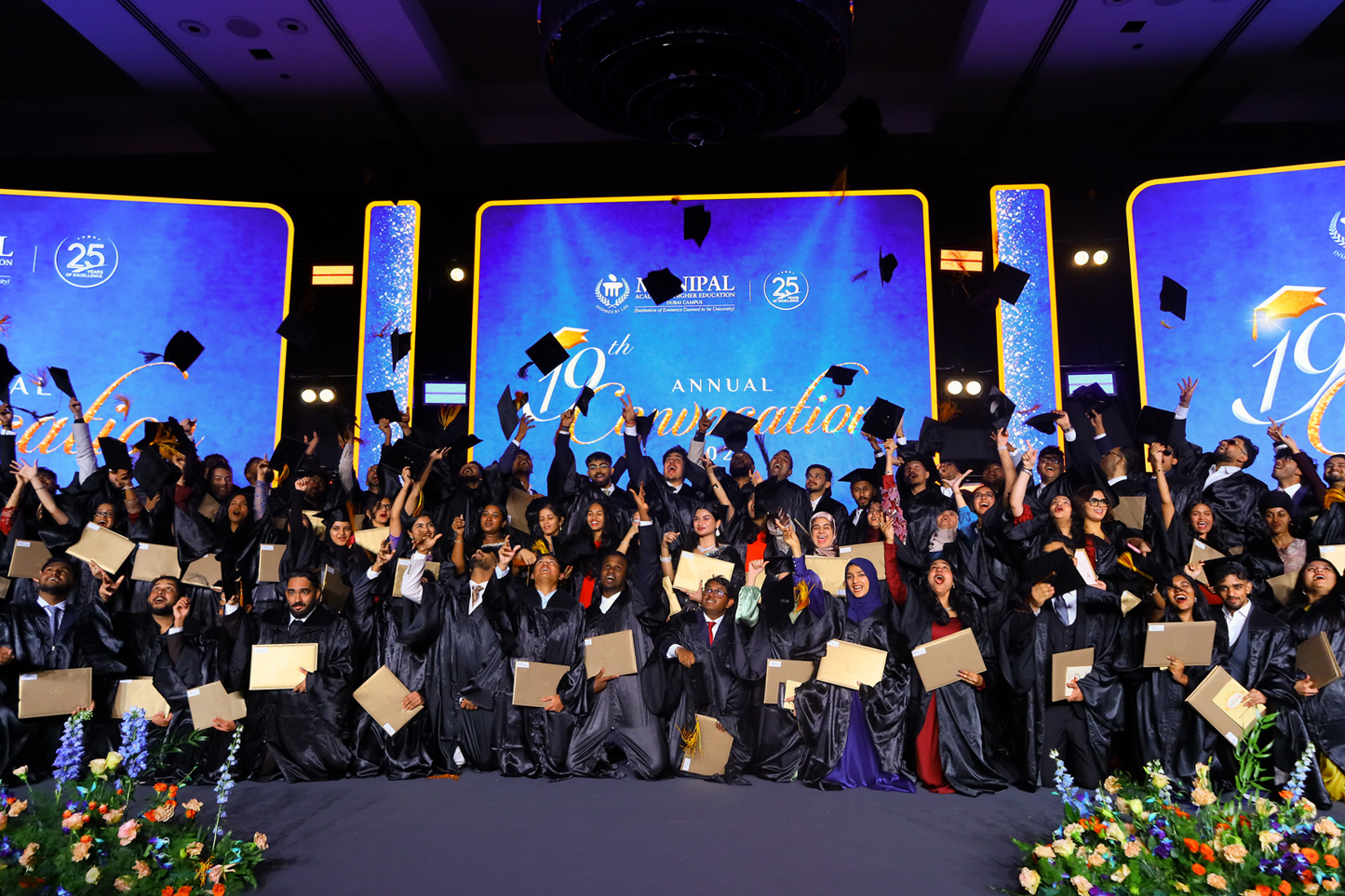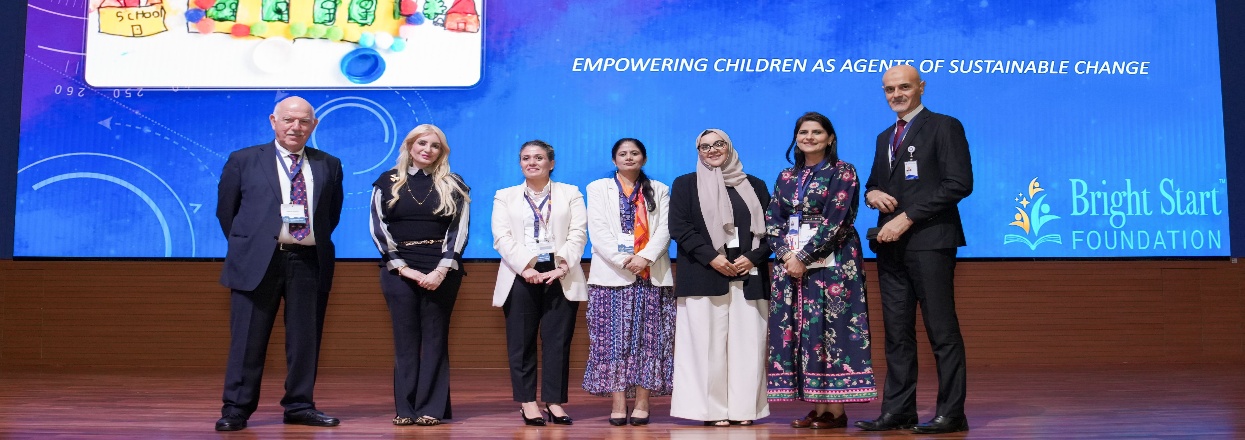
Spotlight on Corporate Universities
Annick Renaud-Coulon shares twenty years of insights.
Annick Renaud-Coulon, you have been observing Corporate Universities all over the world for more than twenty years. What exactly are these structures?
The general public is often unaware of the existence of Corporate Universities, what they are and the important role they play in the success of our economies, in the quality of our living together and in the richness of our relations with the rest of the world.
These internal educational structures are set up within private and public organisations to implement the business strategies of the Company and federate its internal and external stakeholders around its corporate culture and brand. They are not training centres, but strategic and political structures in the hands of the general management board that have understood, with great pragmatism, that nothing great can be done without education. Therefore, it is a new link that exists in the educational chain, alongside the historical educators, parents, schools and academic universities.
There has been a great interest in Corporate Universities in many countries, can you explain more about this phenomenon?
Since the end of the 90s, Corporate Universities have been created almost everywhere in the world. In France this year, there was the inauguration of outstanding Corporate Universities, such as the Deloitte University EMEA.
The BRICS, especially Brazil, Russia and India, have many such structures with imposing infrastructures equipped with auditoriums, workshop rooms, integrated restaurants, hotels, ultra-modern sports and recreational facilities. They can house the company's museum, usually attached to a state-of-the-art technological laboratory. Some are established in large biodiversity reserves to raise awareness of the preservation of fauna and flora. They can have teams of more than three hundred employees, as is the case at Saudi Aramco in Saudi Arabia, PLN in Indonesia and Petrobras in Brazil.
If emerging governments are most interested in this, it is undoubtedly to meet the very pragmatic educational needs of their population, but more than that, to educate civil servants about management and globalisation and even immigrants arriving in their territory with their vernacular language and national culture. Mobilising their national Corporate Universities allows them to extend their soft power, promote their country, their culture and commercial exchanges.
What are the advantages for an organisation to have a Corporate University compared to companies that do not?
When comparing companies that have an in-house University with those that do not, the former are much stronger strategically and culturally. Palpable in the social body, the University is a channel to excellence that the latter do not possess. They have their own branding, a name, a logo, a motto, a manifesto, an address, a budget, a team, spaces, a portal, a governance, etc. Internal education made visible is a strong lever for the implementation of business strategies, helping to find solutions to problems that cannot be solved without mobilising skilled people.
The former navigate more easily in all weathers, and particularly in a complex and volatile environment while the latter act on a case-by-case basis, according to the demands or trends of the moment, with programmes here, webinars there, accreditations here or learning events there.
It is a safe bet that the immoderate use of generative AI will develop more in the latter than in the former, where it will take more time to evaluate the benefit/risk combination of this disruptive innovation before deploying it on a large scale.
Thanks to the GlobalCCU Awards you launched in 2013, you have seen that Corporate Universities are fulfilling responsibilities that a few years ago belonged to states, education systems or parents. How do you explain these developments?
Since 2013, the GlobalCCU Awards have been rewarding the best Corporate Universities around the world every two years. Thanks to the submissions, we have been able to observe with interest the evolution of their concerns, which have greatly expanded since the time when their role was limited to the integration of employees and their contribution to the culture and business of the company.
Corporate Universities have become very porous to societal transformations, to the failures and decline in the level of education systems, to the emergence of community identity claims, to the growing individualism of the new generations riveted to their smartphones, to the loss of parental authority, to the development of social networks and all critical ideologies they convey, to the fragmentation of our world under the blows of senseless geopolitics that erect walls instead of bridges, to the consequences of global warming, and, of course, to the revolution that is artificial intelligence.
Corporate Universities have gradually, and certainly in different ways depending on the country, developed alternative strategies and straddled ideals of social and environmental responsibility allowing their organisations to develop in ecosystems that are agile and successful, where it is still possible in different parts of the world. The 2025 GlobalCCU Awards will be, as usual, a very good observatory of the evolution of the concerns of Corporate Universities and of the way they are efficiently managed.
What do you believe are the three biggest challenges Corporate Universities will face in the next five years?
-
Resist the BigTechs which will become the chief educator of the entire world, imposing their economic, financial, political, cultural and ideological omnipotence if we are not careful. Corporate Universities are a formidable intellectual and philosophical defence against the leveling of cultures, the space to collectively address questions of the impact of systemic revolutions to take only the best from them, without giving in to the ease and fun that technologies bring, in other words to consider them for what they are, a means and never an end in themselves.
- To fight the individualism and isolation of people behind their screens who give a lot of room to unregulated affects, emotions, anger and all kinds of societal excesses that could soon put an end to any idea of the common good.
- To establish itself as a space of humanity, of embodiment of the soul of the company and its culture, a breeding ground for developing the collective desire to work together without confrontation and to unite while distinguishing.
The 2025 GlobalCCU Awards are now open to L&D structures in the Middle East and across the world for submissions - find out more details in the GlobalCCU website (deadline: 28 February 2025): https://www.globalccu.com/the-prestigious-2025-globalccu-awards-now-open-for-submissions/
You can follow GlobalCCU in LinkedIn: https://www.linkedin.com/company/global-council-of-corporate-universities

 EN
EN AR
AR HI
HI ES
ES FR
FR DE
DE











